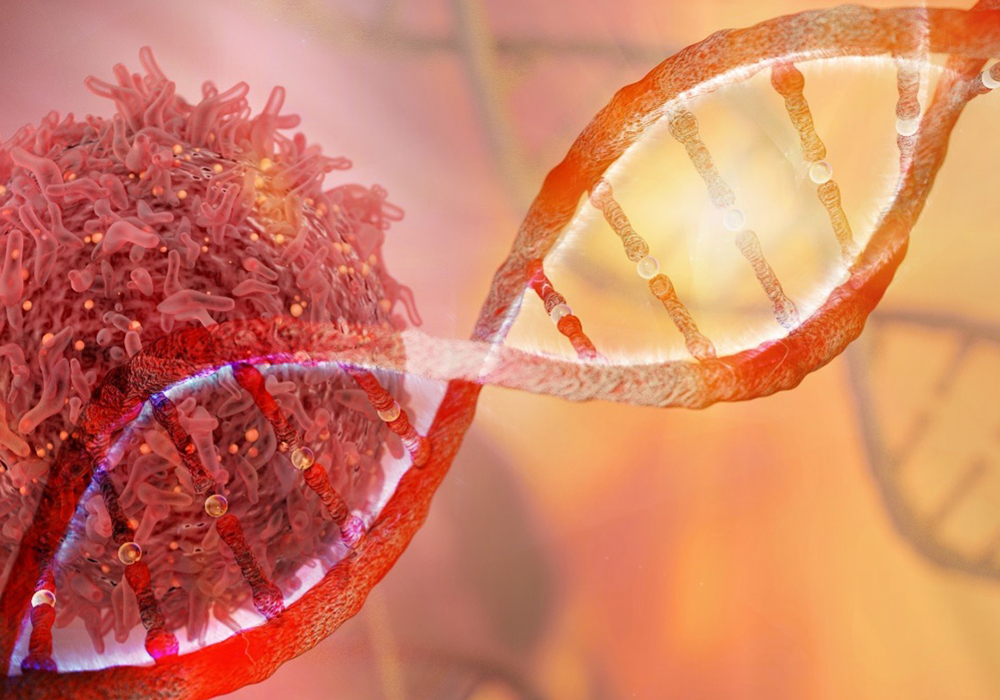Many of our patients are individuals who haven’t developed cancer but might have a concerning family history of the disease. We rely on healthcare providers like oncology nurses to identify individuals with concerning cancer histories and refer them to genetic counselors for a complete risk assessment, including genetic testing when appropriate, to determine their risk and recommend proactive measures to reduce it.

Oncology nurses may identify patients who should be referred to a genetic counselor if their history contains red flags, such as:
- Cancer diagnosed at a young age
- Cancers with a relatively high genetic burden (e.g., ovarian, pancreatic, colorectal)
- Multiple cancers in an individual or multiple relatives on one side of the family with the same type of cancer
- More than 10 polyps found on a colonoscopy
- A relative who has a gene variation associated with cancer predisposition (e.g., BRCA1 or BRCA2)
When I consult with a patient with cancer, I provide them with information on:
- The common hereditary cancer syndromes for their type of cancer
- Their range of risks for developing other cancers in the future
- Recommendations to manage those future cancer risks
- How genetic testing affects their current treatment
- How genetic variants are inherited
- The genetic testing processes
If a patient has a genetic variant, we give them tailored information on their future cancer risks, options for management, and which other relatives should undergo genetic testing for the variant.
We work in tandem with oncology nurses to identify the right time for genetic counseling and testing for each patient. Oncology nurses have incredible insight into where patients are in their cancer journey and when they are ready to understand their genetic factors, allowing us to establish the best opportunity to speak with them.
As part of that process, oncology nurses should understand the many different types of genetic tests. Panel tests are common in the germline space. Some panels might be smaller and look at only genes related to one type of cancer, whereas larger ones analyze a variety of cancers. Germline genetic tests are different than somatic or genomic tests that look for genetic variants in a patient’s tumor. A germline test cannot replace a somatic test and vice versa, but both tests are important for a patient's care path.
Genetics is becoming a part of routine health care, particularly in the oncology specialty. The field is shifting, with genetic testing recommended for all individuals with cancer: newly diagnosed, undergoing treatment, and survivors. The findings—and the collaboration between genetic counselors and oncology nurses—are changing outcomes for all.






